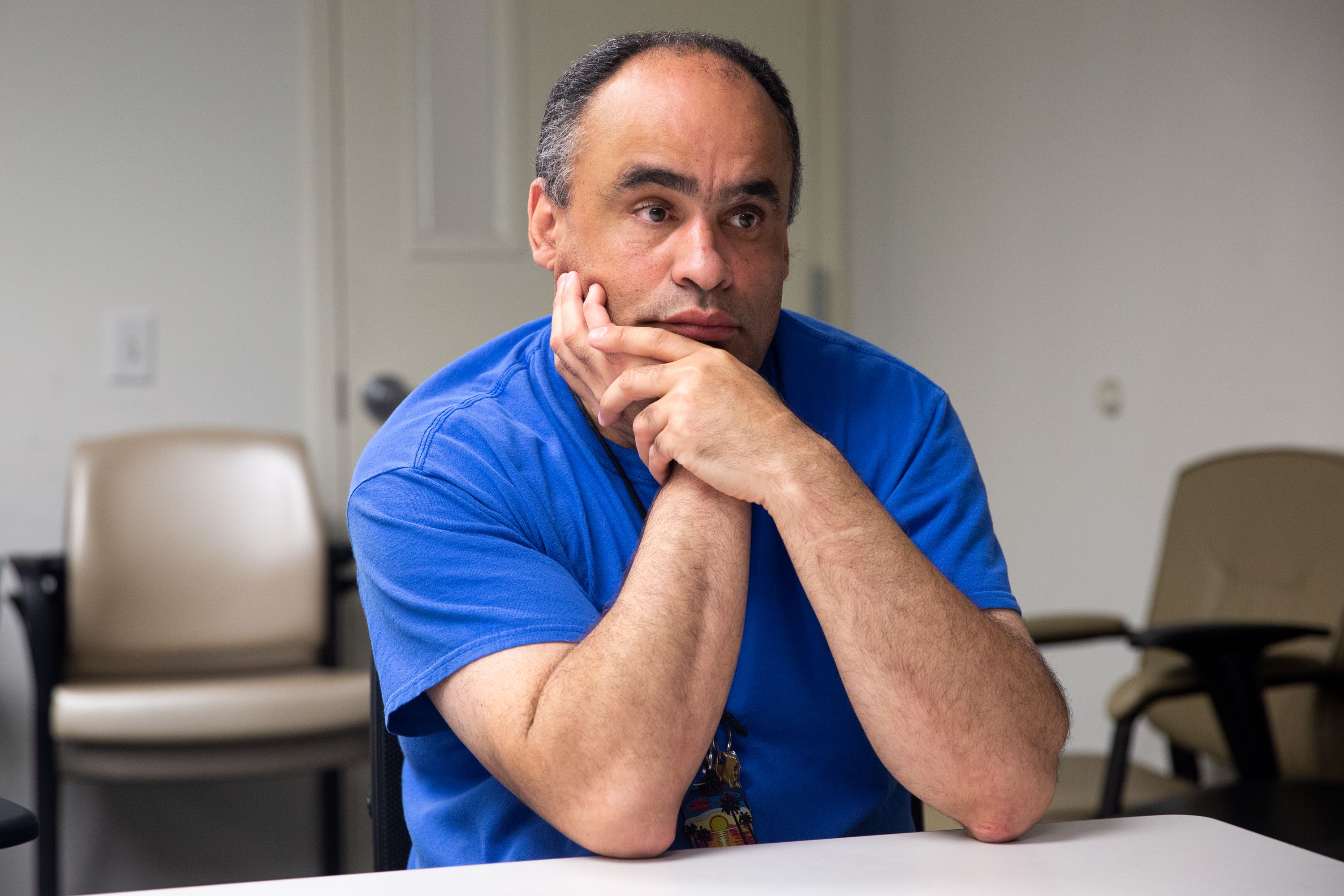New York’s most desperate caught up in ‘crimes of poverty’

Robert Ibarra recounts being arrested after stealing food from a Western Beef on Staten Island. Photo by Ben Fractenberg/THE CITY
 This story was originally published on Oct. 14 by THE CITY.
This story was originally published on Oct. 14 by THE CITY.
In May, Robert Ibarra was down to zero.
Usually careful with the government stipend and food stamps he lives on, an unexpected expense left the 54-year-old with nothing before his next check. His MetroCard was empty, too.

Brooklyn Boro
View MoreNew York City’s most populous borough, Brooklyn, is home to nearly 2.6 million residents. If Brooklyn were an independent city it would be the fourth largest city in the United States. While Brooklyn has become the epitome of ‘cool and hip’ in recent years, for those that were born here, raised families here and improved communities over the years, Brooklyn has never been ‘uncool’.